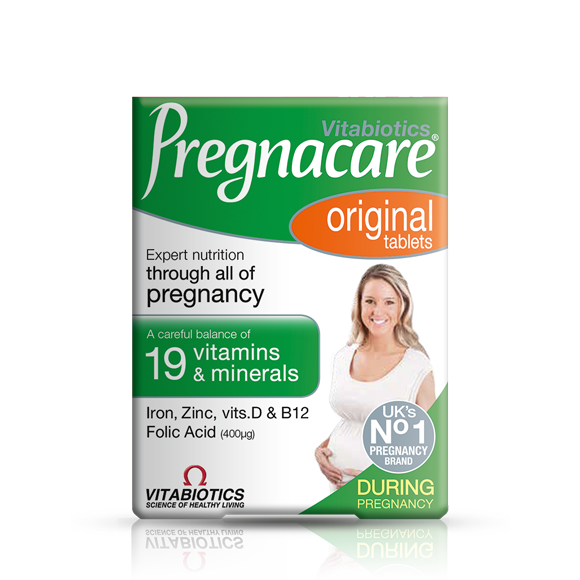This month we’re focusing on midwives and the type of care and attention you might receive during pregnancy. Next, we ask our midwife about diet and exercise during pregnancy
It’s likely that you will have lots of questions about food and your diet during pregnancy. Should you be eating anything special? Can you still tuck into a cheese board at parties? What if you have terrible morning sickness and the sight of vegetables makes you heave? And when it comes to exercise, should you stop altogether? Take up something new?
We asked our in-house Pregnacare midwife to explain more about your diet and exercise during pregnancy.
Your diet during pregnancy – what can you eat and what should you avoid?
Maintaining a healthy diet is very important in pregnancy, as it helps with your baby's growth and development and also helps you to stay well.
You do not have to go on any particular diets once pregnant, but you should aim to have a healthy varied diet to get the nutrients that you and you baby require. Studies have shown that extra specific nutrients such as folic acid and vitamin D may be necessary before and during pregnancy. Taking a combined pregnancy supplement, such as Pregnacare, will help safeguard your dietary requirements throughout pregnancy.
However, there are some foods that we will encourage you to avoid whilst pregnant as they can potentially harm you and/or the baby:
- Do not eat soft or mould-ripened cheeses such as Camembert
- Do not eat soft blue vein cheeses such as Danish Blue
This is because these types of cheeses are made with mould which may contain listeria, a bacteria that can harm the baby. Although listeriosis is a rare infection, women that are pregnant or trying to conceive should avoid and take precautions as even mild forms of this infection can lead to miscarriage, stillbirth or birth defects.
However:
- You can eat hard cheeses such as cheddar and cheeses made from pasteurised milk such as mozzarella
- The NHS website currently states that you can eat Stilton when pregnant
- The NHS website also states that you can eat cooked Brie and soft blue cheese as long as it is thoroughly cooked and steaming hot all the way through.
What else should I be watching out for when it comes to my diet during pregnancy?
- All pâtés are to be avoided including vegetable pâtés again due to the risk of listeria and the risks mentioned above.
- Liver products: All liver products contain vitamin A and should therefore be avoided as too much vitamin A is harmful to your unborn baby. Please ensure that you also check that your pregnancy supplement is free of vitamin A (TalkMum note: Pregnacare does not contain vitamin A)
- Raw or uncooked meat: Cook all poultry and meat thoroughly ensuring no traces of blood. It is fine to eat steak and whole cuts of beef and lamb rare but the outside must be properly cooked and sealed.
- Some types of fish: Do not eat fish like marlin and limit the amount of tuna you eat to no more than about 140g cooked or 170g raw (no more than 2 tuna steaks per week or 4 medium canned of tuna) as these types of fish contain high amounts of mercury which can have an effect on your babies nervous system. Do not eat more than two portions of oily fish per week i.e. fresh tuna (not canned tuna), salmon, mackerel, sardines and trout.
- Raw shellfish: Eat cooked rather than raw shellfish as they can contain harmful bacteria and viruses that can cause food poisoning.
- Unpasteurised milk: Drink only pasteurised milk and not unpasteurised goats' or sheep's milk or foods made out of them such as soft goats' cheese.
If you would like to eat peanuts or foods containing peanuts such as peanut butter you can choose to do so as part of a healthy balanced diet unless you are allergic to them or your healthcare professional has advised you otherwise. You may have heard in the past women were advised to avoid peanuts whilst pregnant, this was because the government previously advised against it.
Runny eggs are also fine to eat during pregnancy.








Comments (0)